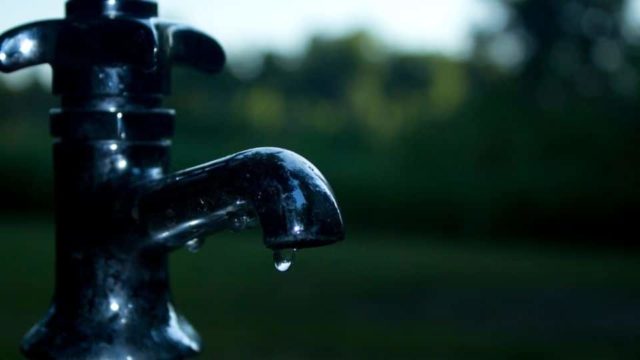Government and industry shouldn’t fight to bar citizens from reviewing decisions that affect common resources like our water. But that’s what happened last week in a small Ontario community. The Ministry of the Environment and Nestlé Waters Canada, a bottled water company, told the Environmental Review Tribunal that concerned citizens, our clients, should not be able to scrutinize an agreement that could affect the health of the aquifer in Hillsburgh, Ont.
We argued that our clients, Wellington Water Watchers and the Council of Canadians, have a right to challenge the agreement since it may remove conditions that require Nestlé to pump less water during droughts. The Tribunal agreed and will allow us to review the agreement.
The agreement is between Ontario’s Ministry of the Environment and Nestlé. Nestlé’s existing permit to take water allows them to withdraw more than one million litres per day from the local aquifer for their bottled water operation near Guelph, but it also requires them to reduce their takings during droughts. This seems natural. During summer months, when the weather is dry, the local community must also restrict its water use. Why? To ensure that everyone served by the local aquifer has access to clean and safe drinking water. However, the proposed agreement would allow Nestlé to pump water without restrictions during drought conditions. We believe this sets a bad precedent for Ontario, where drought-inducing climate change, population pressures and consumptive commercial uses like bottled water continue to stress our water supplies.
That’s why our clients want to review this agreement. We’ll ask the Tribunal for a full hearing if we see evidence that the local aquifer could be harmed. Only a full hearing will allow the community to determine the best way to protect their water.
But there’s also a bigger picture to this case. We believe that government must prioritize people’s access to water over a company’s profits. Our water resources belong to the public and should be managed by the government as a public trust. We’ll be urging the Tribunal to accept that the public trust doctrine applies in this case.
What is the public trust doctrine?
The public trust doctrine re-affirms the superiority of public rights over private rights for critical natural resources such as water. It impresses upon governments the positive legal duties of a trustee to manage such natural resources for the benefit of present and future generations. It embodies key principles of environmental protection such as stewardship, communal responsibility and sustainability. The public trust doctrine is not yet part of Canadian law, but it is used routinely by courts in other countries. In the United States, it has been a key feature of environmental law for decades. In Canada, the public trust doctrine holds great promise as a legal tool to protect the environment given our country’s abundance of natural resources.
What’s next for this case?
Our next step is to review the agreement and then make written submissions to the Tribunal. We’ll be sure to update you with our progress. Our end goals have both a local and a provincial focus:
- To ensure that the local aquifer in Hillsburgh is adequately protected during droughts;
- To ensure that the Government of Ontario proactively and prudently manages our common water resources.
When there’s a drought, the government must ensure that the health of aquifers are not jeopardized by consumptive uses like bottled water



